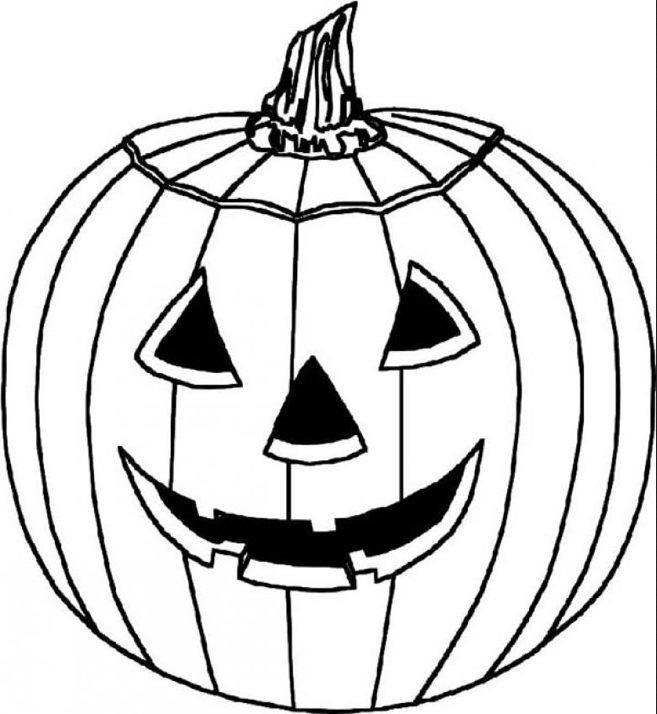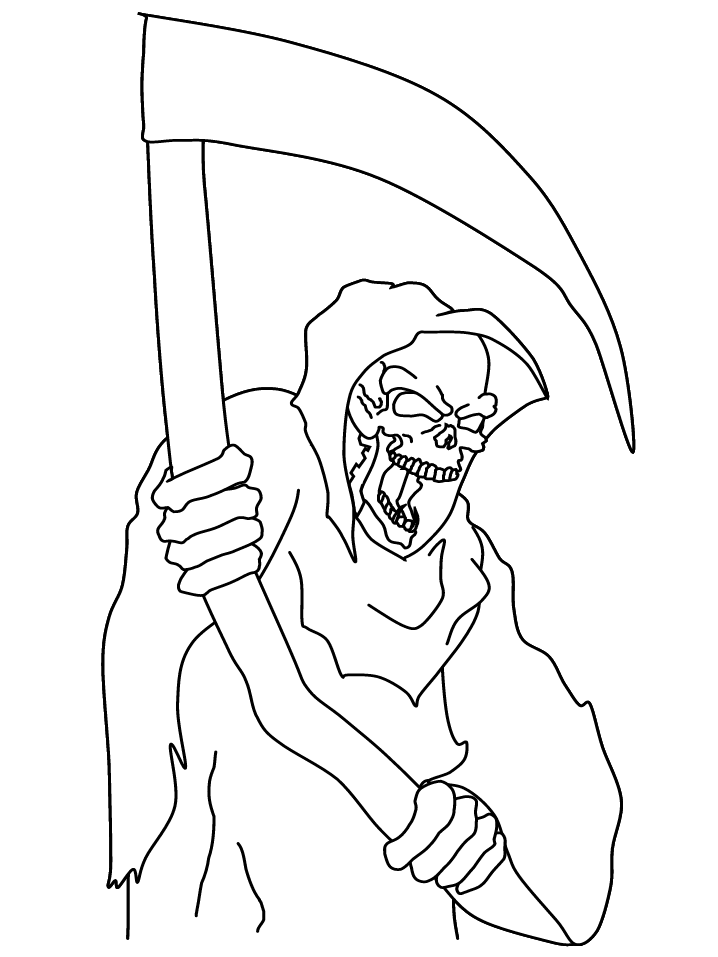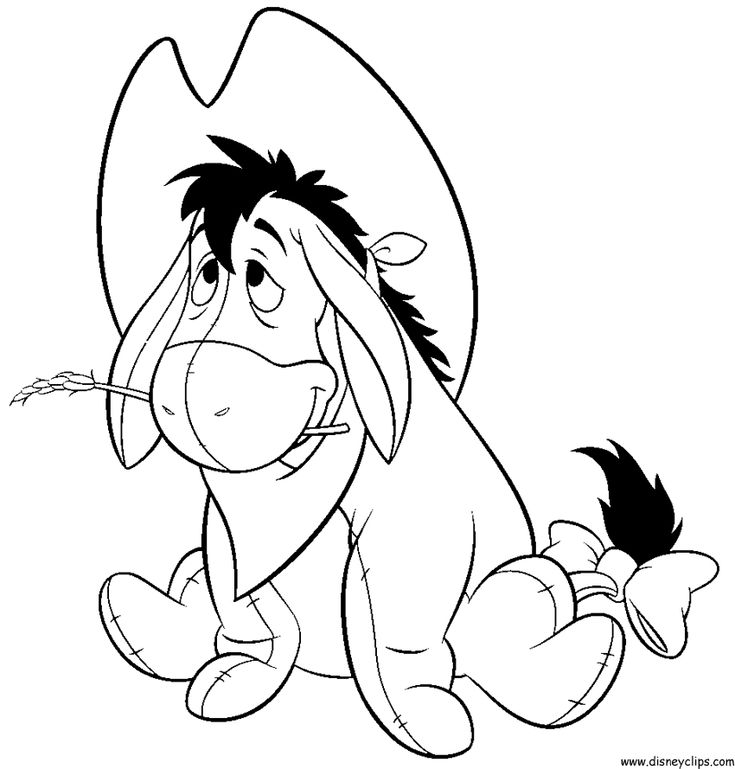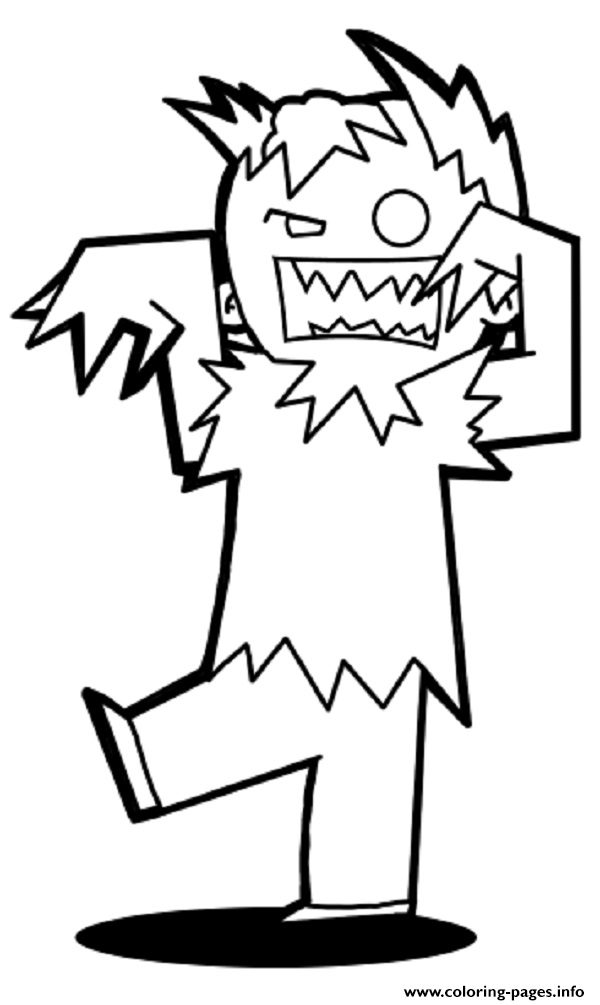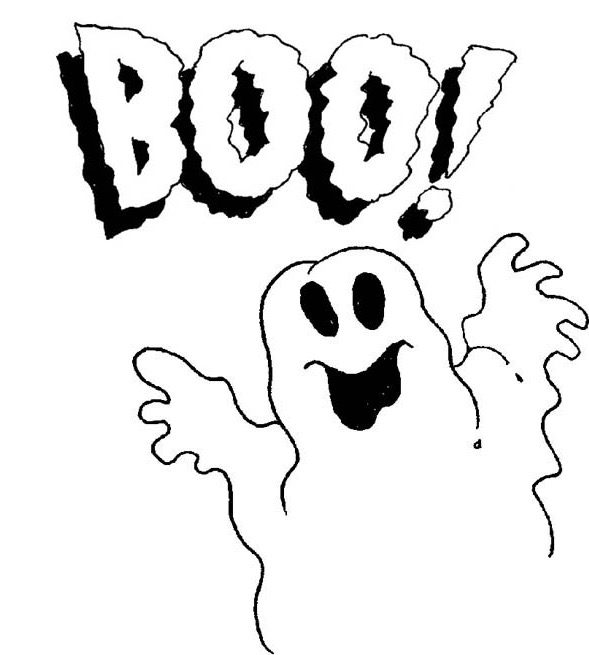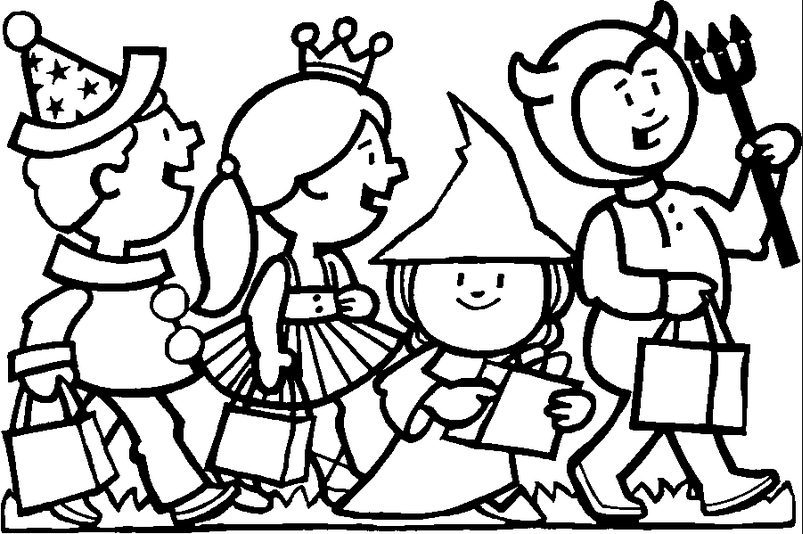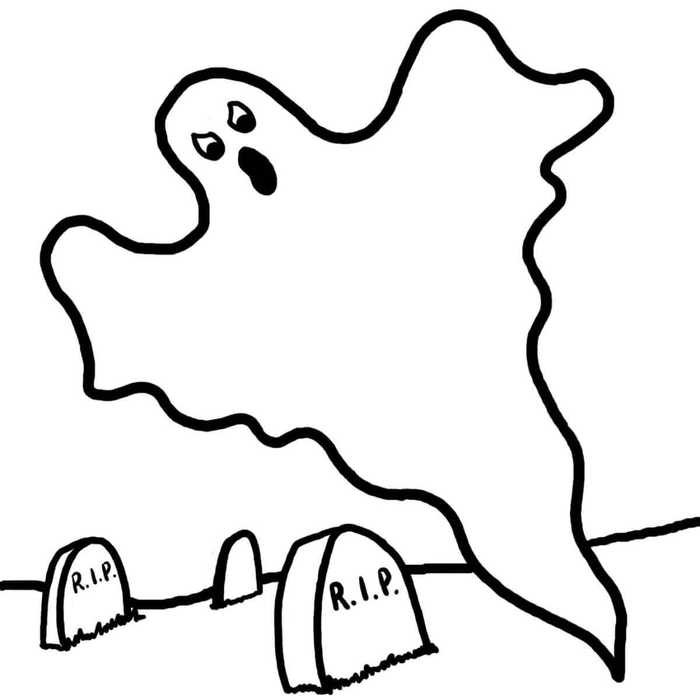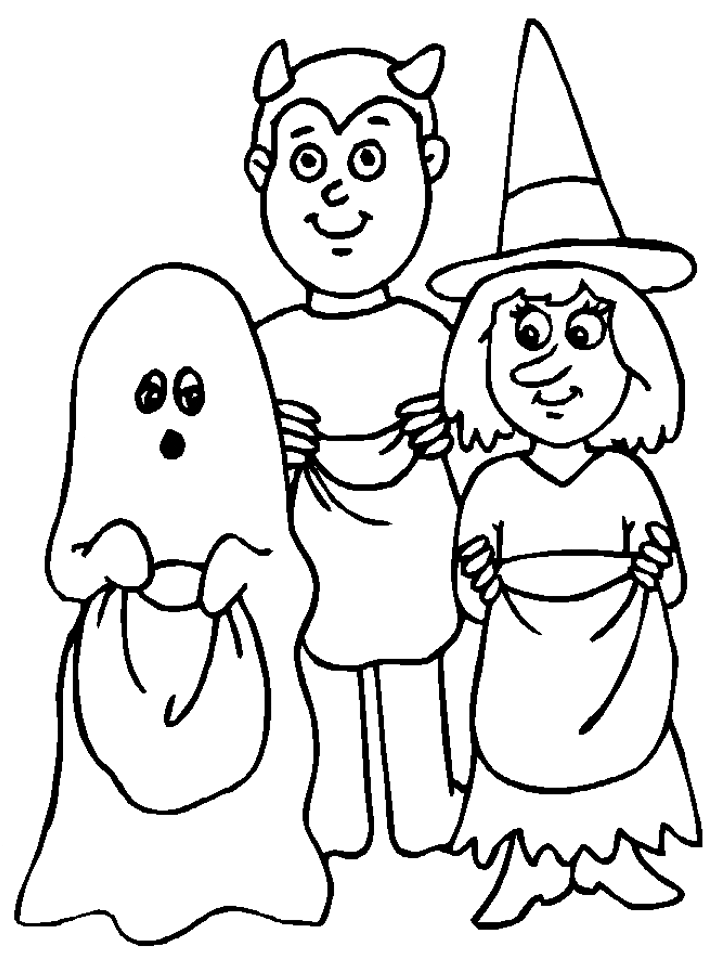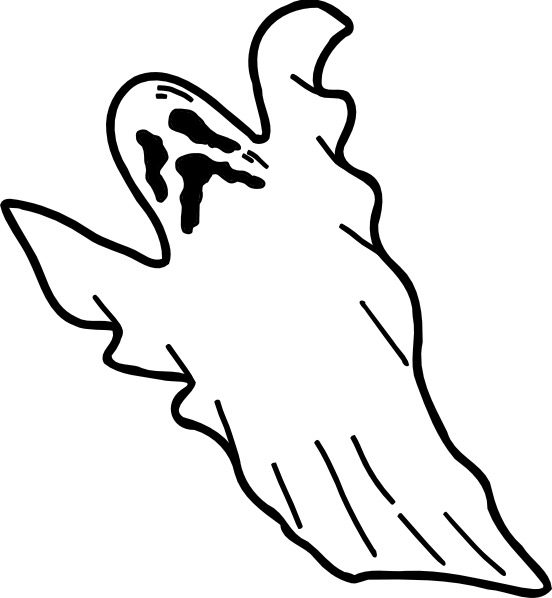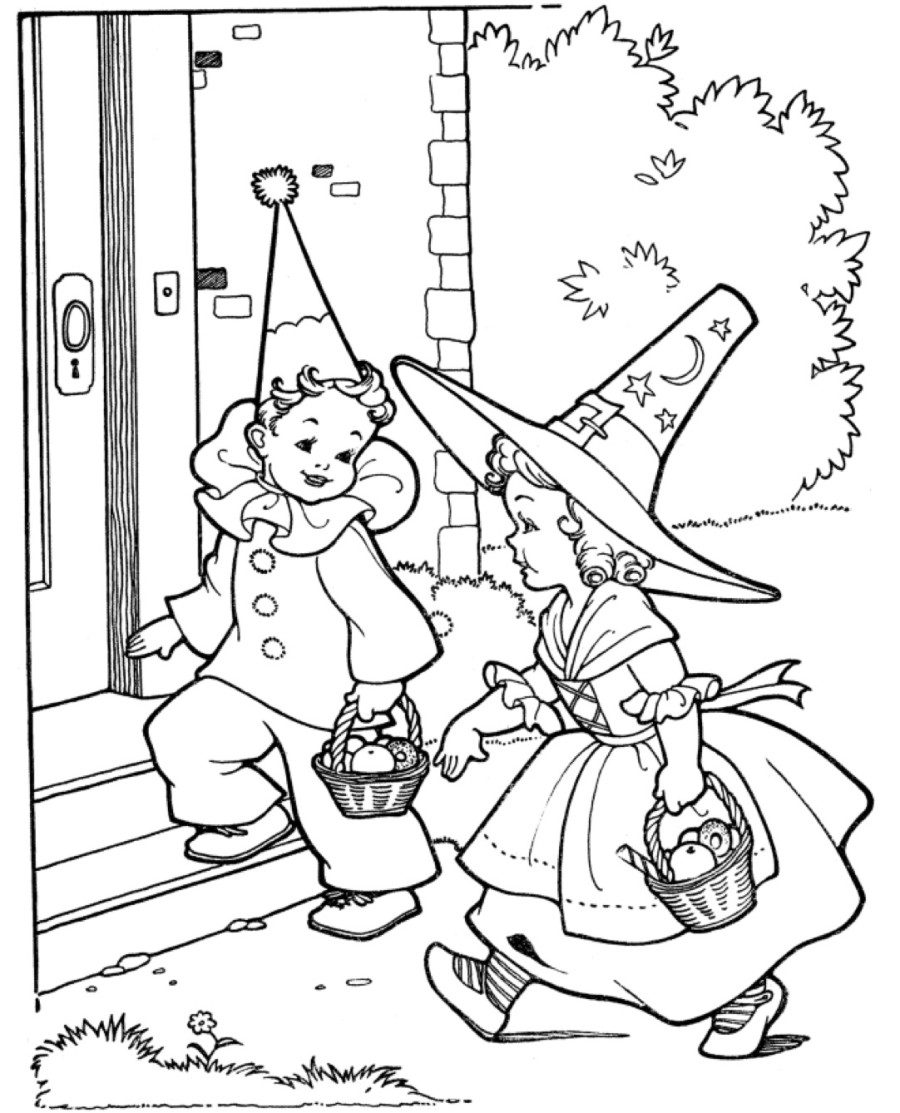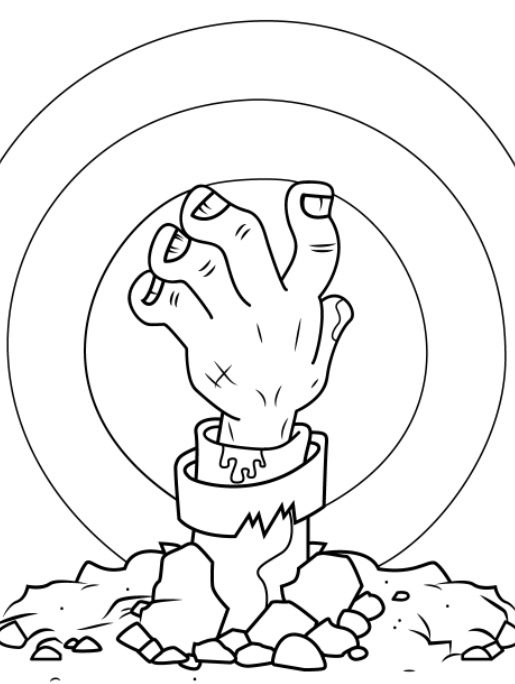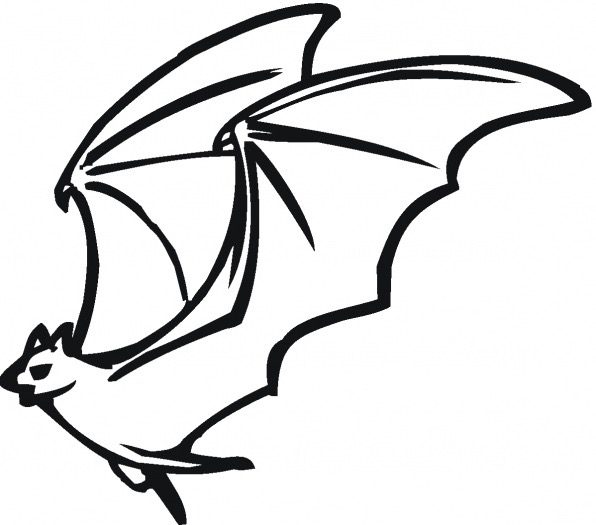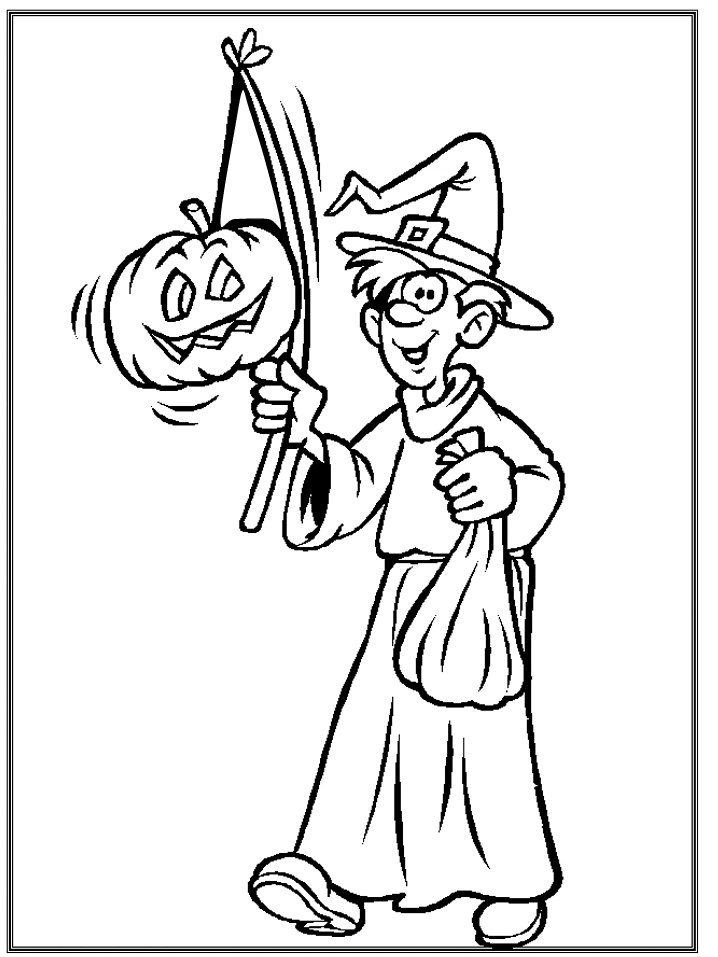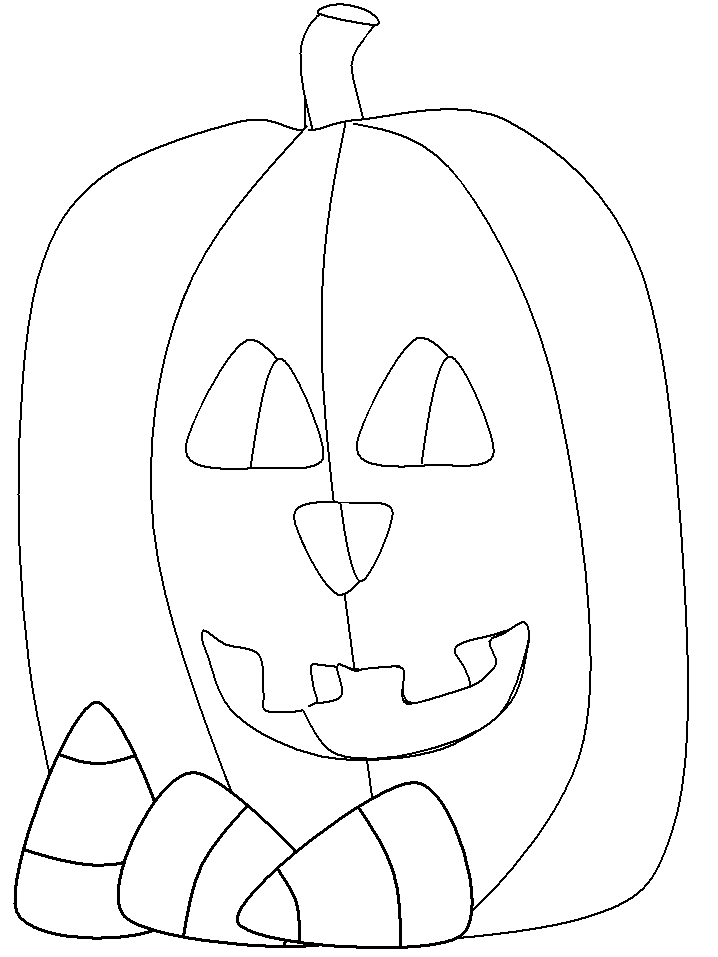
Halloween Zombie Mermaid Coloring Pages
Pumpkin Carving
Halloween Coloring Pages Color by Number Zombie
Halloween Grim Reaper Coloring Pages
Disney Horse Halloween Coloring Pages
Halloween Coloring Pages for Kids Zombie
If you are looking for some Halloween Pumpkin and Candy Corn for coloring, we’ve got you, Boo! Grab your FREE Halloween Pumpkin and Candy Corn coloring pages printables here.
Although technically considered vegetables, pumpkins, and squash are actually fruits because they belong to the gourd family.
The Oaxaca Highlands of Mexico is home to the oldest domesticated pumpkin seeds, according to archaeologists. Over 7,500 years ago, pumpkins are said to have first appeared in Central America. The first pumpkins were considerably different from the sweet, vivid orange kind we are accustomed to. The first pumpkins had a harsh taste and were little and rough. Native Americans living in pre-Columbian America grew pumpkins for their flesh rather than using their nutrient-dense and easily accessible seeds. They were among the first plants cultivated in North America for human sustenance. Pumpkins proved to be the perfect food to store during cold weather and during times of famine because of their firm, thick flesh.
Pumpkins are a useful and significant food that ought to be recognized. Many inventive pumpkin dishes appear every year in cookbooks, cooking TV shows, and food blogs. Cooks in the 17th century would likely be pleased with our contemporary kitchen creativity. What are some of your preferred pumpkin preparation and consumption methods?
For more than a century, candy corn has been around. The candy was allegedly created in the 1880s by George Renninger, a worker at the Wunderlee Candy Company. Around the turn of the century, the Goelitz Candy Company (now Jelly Belly Candy Company) began making candy corn, and it still does so today.
The tri-color design of candy corn, which originally originated in an agrarian civilization like that of the United States, was regarded as revolutionary. Candy corn was only produced seasonally due to the lack of mechanized machinery, with production likely beginning in late August and continuing through the fall. It hasn’t altered in more than a century and is a Halloween staple.


